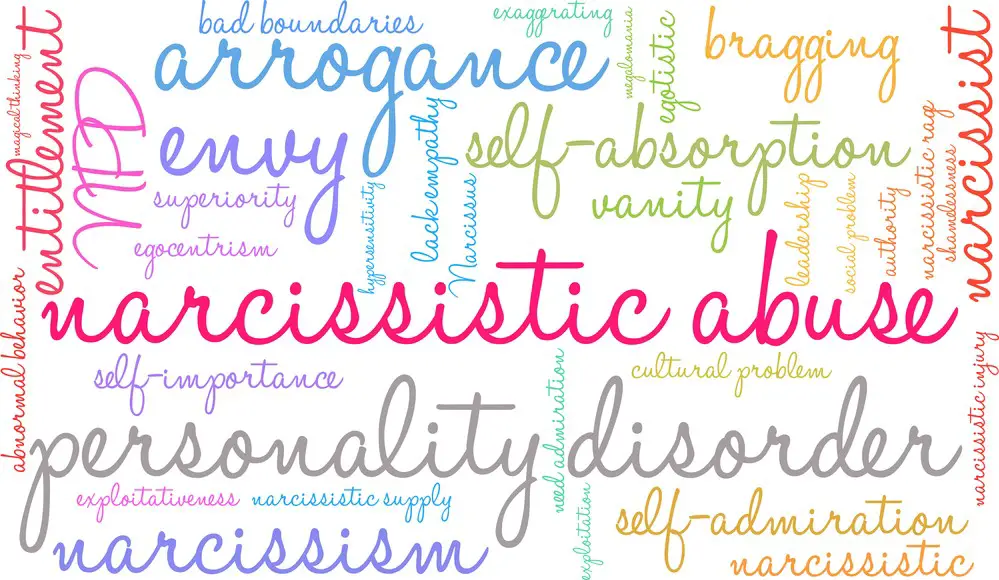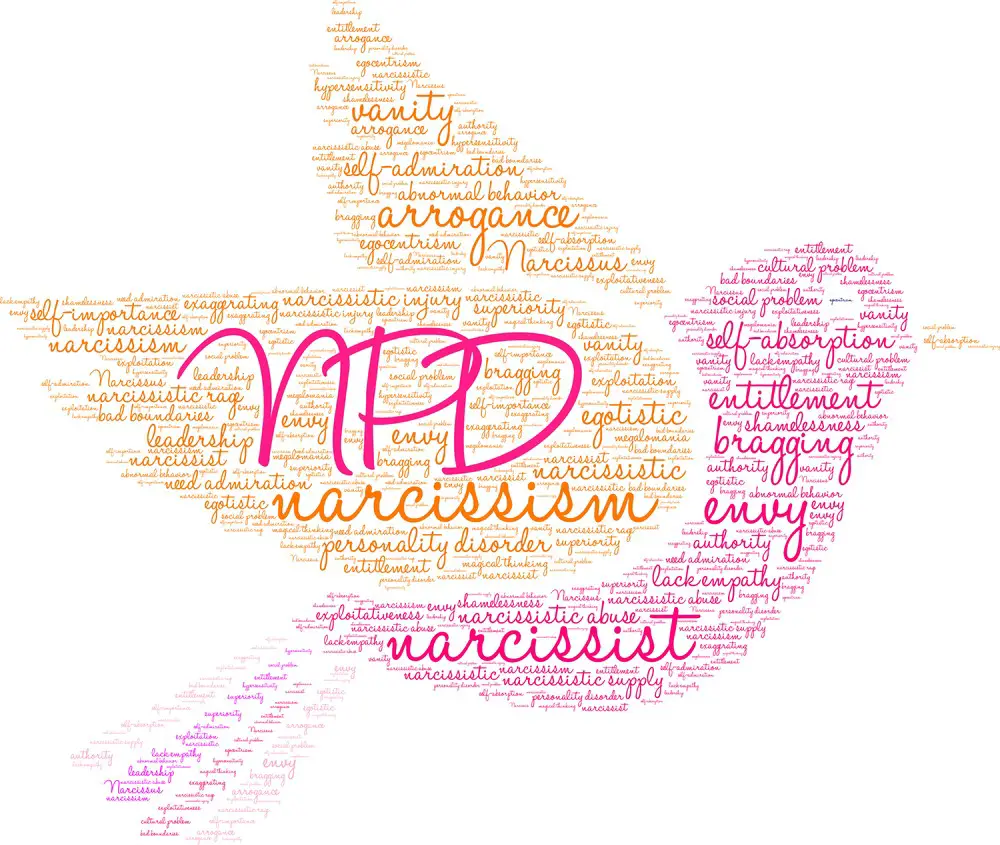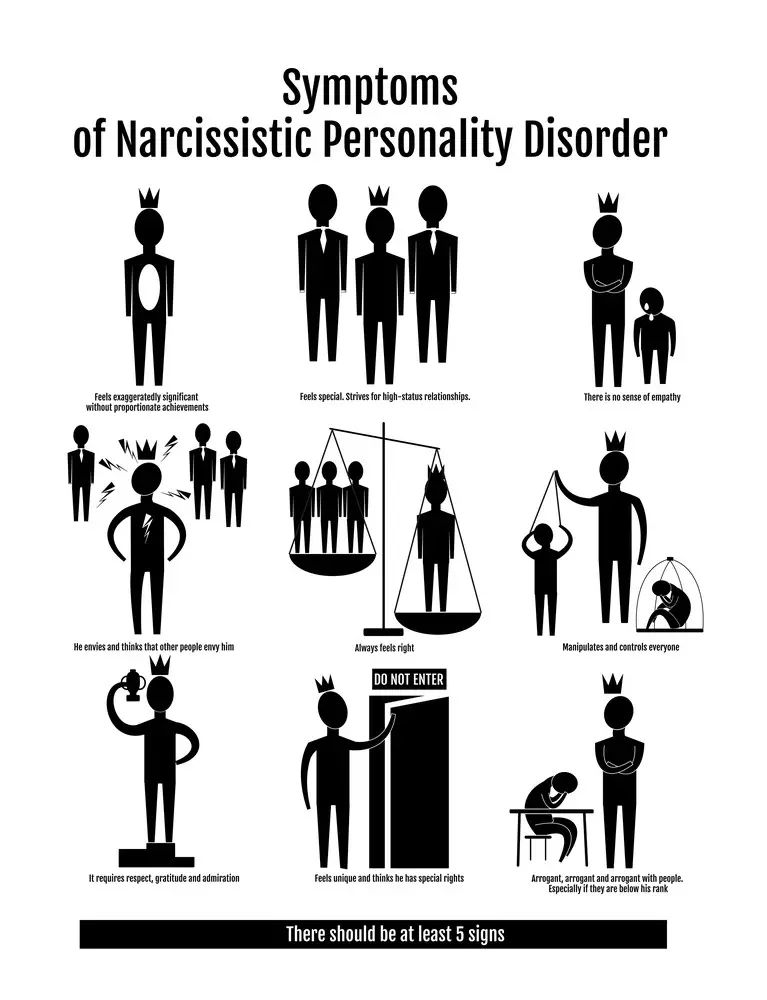As a BetterHelp affiliate, we receive compensation from BetterHelp if you purchase products or services through the links provided
Covert narcissism, a less understood and often hidden form, can be challenging to identify. Unlike the overt narcissist, who craves attention and openly displays self-centered behavior, the covert narcissist operates more subtly. This article aims to shed light on the distinct traits of covert narcissists and provide information on how a specialized test can help identify their behavior.
A covert narcissist test is an important tool that can assist mental health professionals in diagnosing this condition. It is based on various symptoms and behaviors commonly exhibited by covert narcissists, making it an essential resource in treatment planning. Once a covert narcissist is identified, appropriate interventions and support strategies can be put in place to address their specific needs and promote personal growth.
Key Takeaways:
- The covert narcissist test helps identify subtle narcissistic traits
- The test assists in treatment planning for covert narcissists
- Proper interventions and support can facilitate personal growth

Understanding Covert Narcissism
Defining Covert and Overt Narcissism
Narcissism is a concept in psychoanalytic theory that refers to an individual’s excessive self-focus and self-love. There are two major subtypes of narcissism: covert narcissism and overt narcissism. Covert narcissism, sometimes called “inhibited” or “introverted” narcissism, is a more subtle and less obvious form of narcissism than overt narcissism. Overt narcissism, often described as “extroverted” narcissism, is characterized by grandiosity, attention-seeking, and a lack of empathy.
Difference Between Covert and Overt Narcissists
While both covert and overt narcissists share similarities, there are distinct differences. Overt narcissists are typically extroverted, openly self-centered, and have an inflated sense of self-importance. They often exhibit behaviors such as:
- Openly boasting about their achievements
- Demanding praise and admiration
- Being preoccupied with fantasies of limitless power or success
In contrast, covert narcissists are more introverted, and narcissism is not as easily noticeable. They may appear shy, humble, or self-critical and often exhibit behaviors such as:
- Seeming sensitive to others’ emotions
- Expressing feelings of being unappreciated or misunderstood
- Exhibiting passive-aggressive behavior

Narcissistic Personality Disorder
Narcissistic Personality Disorder (NPD) is a mental health condition characterized by a pattern of grandiosity, need for admiration, and lack of empathy. Both covert and overt narcissists can be diagnosed with NPD. It is a part of the Cluster B personality disorders in the Diagnostic and Statistical Manual of Mental Disorders (DSM-5), including antisocial, borderline, and histrionic personality disorders.
Recognizing the symptoms of NPD in covert and overt narcissists is essential to seek appropriate treatment and support. Treatment options for NPD typically involve psychotherapy, focusing on understanding the underlying causes of narcissistic behaviors and helping individuals develop healthier coping mechanisms.
Symptoms and Behaviors of Covert Narcissists
Emotional Characteristics
Covert narcissists exhibit various emotional characteristics, including low self-esteem, insecurity, and hypersensitivity to criticism. They often feel shame and anxiety when they perceive themselves to be slighted or neglected. This may stem from childhood trauma or experiences of emotional abuse, which contribute to their fragile mental health. Despite their apparent introversion and shyness, covert narcissists possess a deep-seated need for admiration and importance. Their feelings of inadequacy may manifest in fantasies of grandiose accomplishments or specialness, serving to inflate their sense of self momentarily.
Interpersonal Patterns
In relationships, covert narcissists struggle with reciprocity and frequently demonstrate a lack of empathy for their partner’s emotions and needs. They tend to be passive-aggressive, often using sarcastic comments or subtle manipulations to get what they want. Jealousy and envy may also color their interactions with others, leading to distrust and a reluctance to engage in genuine connection. As a result, their relationships often suffer from emotional distance and neglect, further exacerbating their distress and isolation.

Manipulation and Passive-Aggressive Tendencies
Manipulation is a cornerstone of covert narcissistic behavior, as they use passive-aggressive tactics to exert control over others and maintain their sense of self-importance. Some examples of these behaviors include gaslighting, defensiveness, and withholding affection or communication. Covert narcissists may also hold grudges and enact revenge when they feel humiliated or wronged.
While genetics and childhood experiences, such as abuse or neglect from caregivers, can contribute to the development of covert narcissism, a mental health professional is best equipped to diagnose and treat this personality type. It’s important to seek help from qualified psychologists for those who exhibit traits of narcissistic personality disorder and to raise self-awareness about possible manipulative or passive-aggressive behaviors in oneself and others.
Covert Narcissist Test
Professional Assessment
Consulting with a mental health professional is the most reliable way to determine if someone exhibits covert narcissistic traits. A therapist or psychiatrist can use their expertise to evaluate the individual’s behavior, thoughts, and emotions to provide an accurate diagnosis. Finding a therapist specializing in personality disorders is important to start this process.
Typically, the mental health professional will conduct interviews and administer psychological tests, such as the following:
- Narcissistic Personality Inventory (NPI): A widely used self-report questionnaire that measures narcissistic traits.
- Millon Clinical Multiaxial Inventory (MCMI): A comprehensive psychological assessment tool that evaluates various personality disorders, including narcissism.
It’s essential to remember that only a licensed professional can diagnose someone as a covert narcissist.
Self-Evaluation Methods
Although professional assessment is vital in diagnosing covert narcissism, individuals can explore self-evaluation methods if they suspect they or someone they know might possess these traits. However, self-assessments are subjective and do not replace proper evaluations made by mental health professionals.
Here are a few self-evaluation methods to consider:
- Online quizzes: Several websites offer unofficial covert narcissist tests. Though not diagnostic tools, these quizzes can provide insight into potential narcissistic tendencies.
- Reflect on behaviors: Compare and contrast the individual’s actions with the characteristics of covert narcissists, such as passive-aggressiveness, feelings of superiority, and a need for constant admiration.
Overall, utilizing professional assessment and self-evaluation methods will lead to a more accurate understanding of a person’s possible covert narcissistic traits.

Treatment and Support for Covert Narcissists
Therapy Options
Covert narcissists can benefit from therapy sessions with mental health professionals. Cognitive Behavioral Therapy (CBT) and psychodynamic therapy are common approaches. CBT helps change unhealthy thought patterns, while psychodynamic therapy addresses childhood experiences and unconscious emotions.
Another therapy option is family therapy, which addresses interpersonal dynamics and provides a supportive environment for healing. Group therapy can also be beneficial, allowing covert narcissists to explore their relationships with others.
Self-Help Strategies
To improve their mental health, covert narcissists can practice self-awareness to recognize their narcissistic tendencies and triggers. Some self-help strategies include:
- Mindfulness meditation, which can increase self-awareness and emotional regulation
- Journaling to reflect on thoughts and behaviors
- Taking responsibility for actions and apologizing when necessary
- Establishing boundaries in relationships to prevent manipulation and resentment
- Engaging in activities that foster empathy and understanding, such as volunteering
With consistent effort in therapy and self-help practices, covert narcissists can work toward improving their mental health and interpersonal relationships.
Tips for Coping with a Covert Narcissist
Managing emotional stress can be particularly difficult for those in relationships with covert narcissists. Below are some tips to consider when dealing with a covert narcissist:
Set boundaries: Make it clear what behaviors you are and are not willing to tolerate, and don’t let them manipulate or guilt-trip you into going against your wishes.
Stand up for yourself: Do not allow them to take advantage of you or invalidate your feelings. Speak up and let them know how their behavior makes you feel.
Avoid name-calling: Do not resort to name-calling or personal insults to shame others into changing their behavior. This will only worsen the situation and make it harder to resolve.
Seek support: Talking to a trusted friend or family member can help you process your feelings and provide an outside perspective. Consider joining a support group or attending therapy sessions to share experiences and learn coping strategies from others in similar situations.
Frequently Asked Questions
What are some of the signs of a covert narcissist?
A covert narcissist may exhibit subtle, less obvious behaviors than a typical narcissist. Some signs include a sense of entitlement, passive-aggressive behavior, and playing the victim. They may also strongly need attention, even if they avoid the spotlight.
What common behaviors do they exhibit?
Covert narcissists often demonstrate passive-aggressive actions, manipulation, guilt-tripping, and unreasonable demands. They may have difficulty accepting criticism and react defensively to any perceived slight.
What traits are in a covert narcissist?
Some common traits in a covert narcissist are low self-esteem, a strong need for validation, and a sense of entitlement. They may also display self-righteousness, defensiveness, and a tendency to avoid responsibility for their actions.
How to recognize a covert narcissist?
Recognizing a covert narcissist can be challenging due to their subtle behavior and manipulation tactics. Look for patterns of passive-aggression, avoidance of accountability, and a tendency to impact others’ self-esteem negatively.
How do they manipulate others?
Covert narcissists use various strategies to manipulate others, such as playing the victim, employing guilt-tripping, and exaggerating their accomplishments. They may also use passive-aggressive behavior to maintain control and constantly seek validation from others.
Are treatment options available?
Treatment for covert narcissists typically involves psychotherapy, focusing on identifying and understanding their narcissistic behavior patterns and working toward healthier coping strategies. A mental health professional can help guide them through this journey.
- How Having Cybersecurity Protection Helps You Relax - April 25, 2025
- 8 Reasons Why Spending Time Outside Calms You Down - April 25, 2025
- 5 Helpful Ideas for Managing Stress During a Plumbing Emergency - April 24, 2025
This site contains affiliate links to products. We will receive a commission for purchases made through these links.



